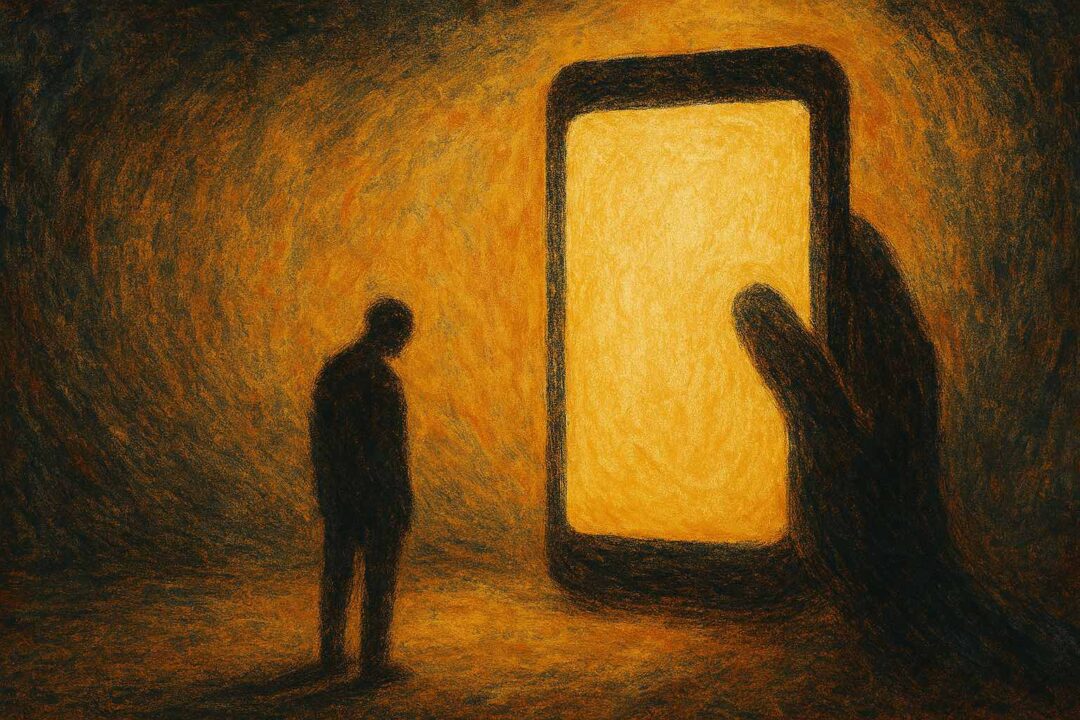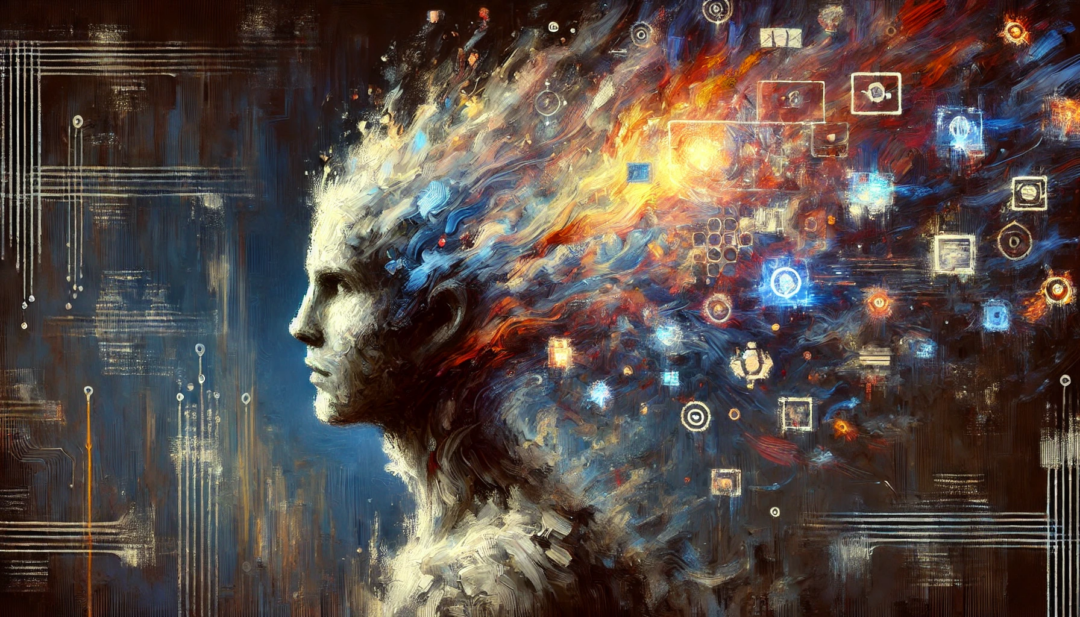Imagine a world where every person on Earth uses the same smartphone.
Not just the same brand — the same system. The same features, the same rules, the same boundaries. Now imagine that switching to anything else is near-impossible: your friends are all on iMessage; your digital life — photos, memories, passwords, apps — is locked behind one company’s walled garden. Learning a new system would be a mountain of effort. And even if you tried, it might not work with your bank, your car, your job, or even your own government.
You’d be free — technically. But not really.
This is the future we flirt with every time we trade convenience for control, and we do it more often than we realize.
We often think of monopolies as something outdated — villains from economics textbooks or cautionary tales from the oil barons of the past. But today’s monopolies don’t deal in barrels or steel. They deal in attention, identity, and infrastructure. And they don’t need to own everything to control everything. All they need is for you to stay locked in.
The Network Effect: From Feature to Fortress
Companies like Apple, Google, and Huawei have built empires not just through innovation, but through architecture. The smartphone isn’t just a tool anymore. It’s a passport. It holds your money, your health records, your memories, your social life. And the more entrenched these systems become, the harder it is to imagine life without them.
It’s not about liking your iPhone. It’s about being unable to leave it.
This is the true power of the network effect. It’s not just that everyone uses the same apps — it’s that those apps lose meaning if you leave the ecosystem. Try switching to a phone that doesn’t support WhatsApp, or can’t sync with your smart home, or won’t load your Google Docs. You’ll find that freedom isn’t about what’s available — it’s about what’s usable.
And if the system is so big, so essential, so unavoidable — is it still a choice?
Three Systems, One Cage
Some may argue we’re protected by competition. Apple has Android. Android has Huawei. Huawei has its own thing. But what if these aren’t really choices? What if they’re simply brands of the same product: control?
Different countries, different philosophies — but the same underlying pattern: surveillance, data extraction, behavioral manipulation. Whether it’s a corporation optimizing for profit or a government optimizing for obedience, the outcome is eerily similar: humans molded by invisible systems they cannot question, escape, or even fully see.
When three different cages offer slightly different colors of paint, are we still free?
Convenience Is the New Currency of Control
We didn’t get here through force. We got here because it felt good. Clean design. Helpful features. Personalized experiences. The road to digital dependence wasn’t paved with malice — it was paved with good intentions. And it’s working.
Today, we are tethered. Not by chains, but by chargers. Not by law, but by logins.
And while we worry about authoritarian states or corporate overreach in theory, we continue to pour our lives into devices that report our every move, mood, and moment. The scariest part? We do it voluntarily. We do it daily. We do it joyfully.
Now Add AI to the Equation
As if this weren’t enough, we are now entering the era of AI — and it’s accelerating the tradeoff between convenience and control to a whole new level.
AI promises to know us, to help us, to predict what we want before we even ask. It schedules our meetings, writes our messages, filters our news, and soon may even speak on our behalf. But if the AI that serves us is owned by the same few companies that own the ecosystems we’re trapped in, then what we’re really doing is handing over not just our data — but our decision-making.
And that’s the final frontier of control: not just guiding what we can do, but gently shaping what we choose to do. In this world, freedom won’t be taken from us — it will be automated out of us.
When machines know us better than we know ourselves, the risk isn’t just manipulation — it’s the erosion of our inner life, our agency, our sense of self.
The Real Cost of a Closed World
What’s truly at stake isn’t just market freedom — it’s mental, emotional, and political freedom. If every major system in our lives is mediated by a few powerful tech platforms, then our thoughts, relationships, and even our dissent are shaped by what the system allows.
What happens when every form of resistance can be throttled, flagged, or simply made invisible?
This isn’t sci-fi. It’s now. It’s already happened in places you might not expect — through algorithmic suppression, digital blacklists, and social credit scores. The terrifying truth is: the tools to enforce a dystopia are already built. They just haven’t all been activated yet.
So, What Can We Do?
We must wake up before the illusion becomes our only reality. We must question the trade-offs we make every time we update an app, accept a policy, or opt into a new feature that promises ease but demands submission.
We need alternatives. We need decentralization. We need transparency, accountability, and the right to exit a system without exile from modern life.
Because if we don’t guard our digital freedom now, we may soon find that the door has quietly closed — not with a bang, but with a ping.
Discover more from Brin Wilson...
Subscribe to get the latest posts sent to your email.



